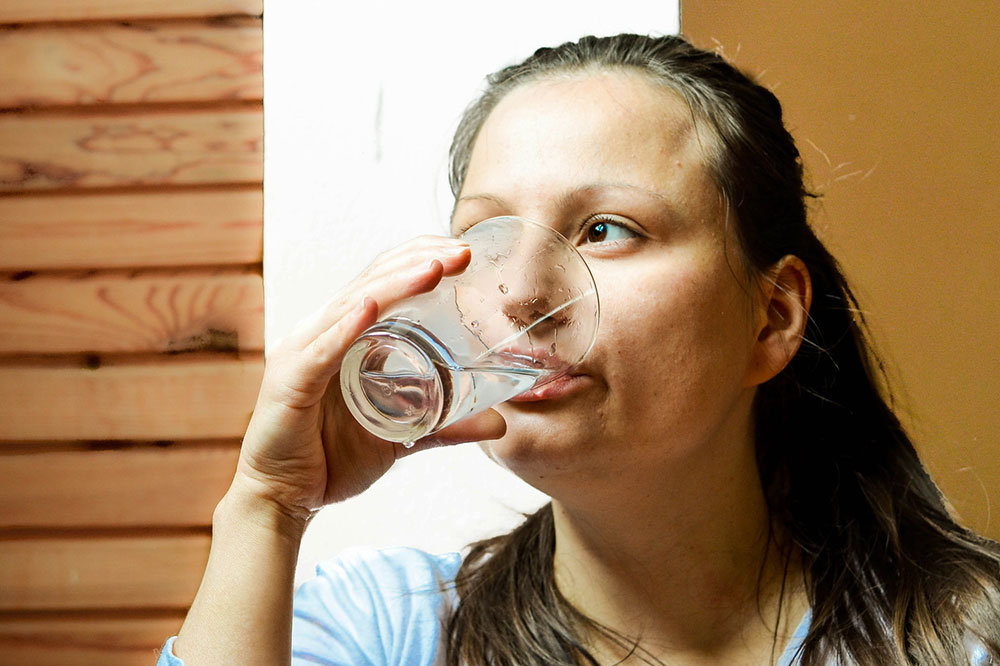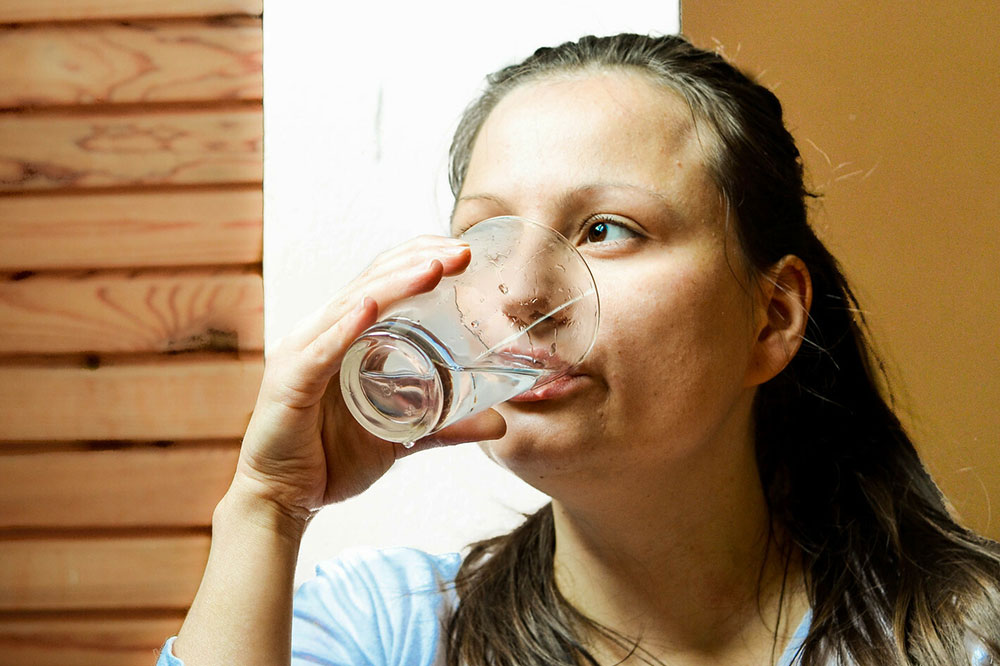Understanding Dehydration: Causes and Prevention Strategies
Dehydration results from excessive fluid loss, often caused by sweating, diarrhea, or fever. Proper hydration through drinking water and consuming hydrating foods is essential to prevent dehydration. Recognizing early signs and responding promptly can keep you healthy, especially in hot weather or illness. Always seek medical advice for persistent symptoms or severe dehydration. Maintain balanced hydration habits to support overall well-being and avoid complications associated with dehydration.

Understanding Dehydration: Causes and Prevention Strategies
Dehydration occurs when the body loses more fluids than it takes in, impairing normal physiological functions. It is particularly common among children and the elderly, emphasizing the importance of adequate hydration, especially during hot weather. Key causes include:
Excessive Sweating
Sweating is the body's natural cooling mechanism. When sweating becomes excessive, especially due to high temperatures, it can lead to significant fluid loss and dehydration.
Evaporation from sweating helps maintain body temperature and electrolyte balance. However, prolonged or heavy sweating can cause dehydration.
Gastrointestinal Losses
Conditions like diarrhea cause rapid water and electrolyte depletion, weakening the body and disrupting organ functions. Vomiting often worsens fluid loss during diarrhea.
Fever
Elevated body temperature triggers sweating to cool down. Excessive sweating during fever, without proper hydration, can result in dehydration.
Preventative measures include:
Consuming Ample Water
Drinking plenty of water daily is vital to prevent dehydration. During hot weather or intense physical activity, increasing water intake is essential as the body loses more fluids through sweat.
Responding to Thirst
Thirst is an early sign of dehydration. Ensure you drink at least eight cups of water daily, and carry water bottles during travel and outdoor activities to maintain hydration.
Eating Hydrating Foods
Incorporate water-rich foods like cucumber, watermelon, tomatoes, zucchini, leafy greens, and peaches into your diet. These help maintain fluid balance and overall health.










